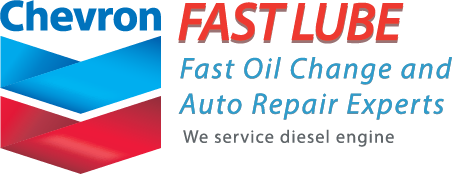It is estimated that the average age of a passenger vehicle in the United States is about 11 years. Thus, it is becoming more common every day for people to have vehicles that have 100,000 miles on the odometer or even more. Here are our five tips to help you make it to this 100,000k milestone and far beyond.
- Change your oil: Oil lubricates and cools the tightly-packed parts inside your car’s engine. Neglecting to change your oil on a regular basis leads to metal-eating sludge, reduced efficiency, and eventual engine failure. Furthermore, this bad habit can eventually damage vital engine parts shortening the life of your vehicle.
- Ease up on the brakes: You can greatly add to the longevity of your brakes and brake pads by treating them right. Slamming the brakes is a good way to shorten their lifespan and to increase your vehicle’s emissions. Make it a habit of coming to stops gradually rather than slamming on them suddenly. This level of TLC will pay huge dividends when it comes to protecting your brake system.
- Wash your car often: Washing your car will help you to eliminate pollution, sludge, and road salt all of which can damage your car’s exterior over time and cause it to age prematurely. Therefore, wash and wax it on a regular basis and don’t drive until it is dry otherwise it will only collect dirt and other particles.
- Drive carefully: Of course, the most obvious way to ensure that your car reaches 100,000 miles or more is by being careful when driving. The extended benefit of doing this is that it lowers your insurance, prevents you from receiving fines and protects your life and the lives of others.
- Stay on top of repairs: Don’t ignore small issues as they can quickly escalate into larger ones. Putting off repairs can result in further damage to your vehicle (and wallet).
Adhering to a regular preventive maintenance schedule is another key to extending the life of your vehicle. At Chevron Fast Lube you can come in for a synthetic oil change which can help you make it to 100,000 or more. Our oil change prices are reasonable especially in comparison to the cost of replacing or repairing an engine once it has been damaged.


